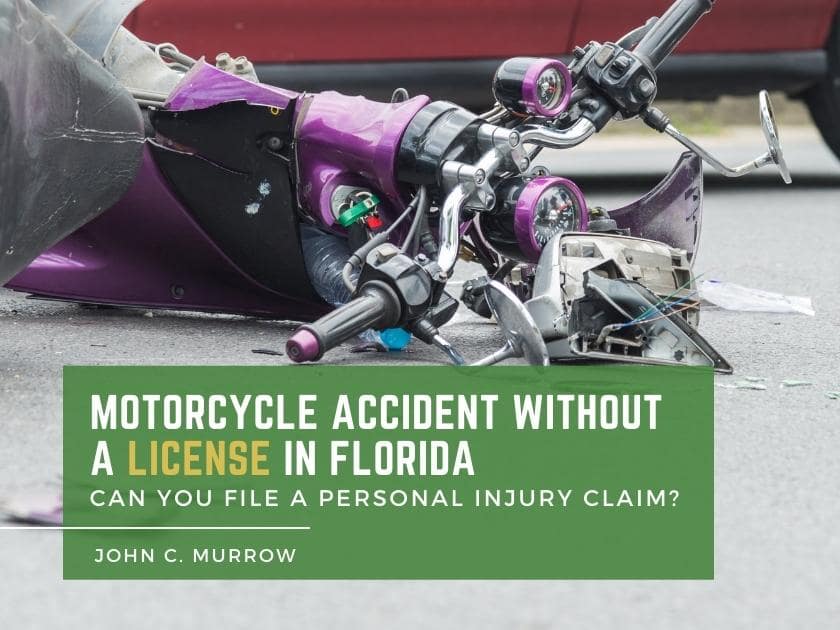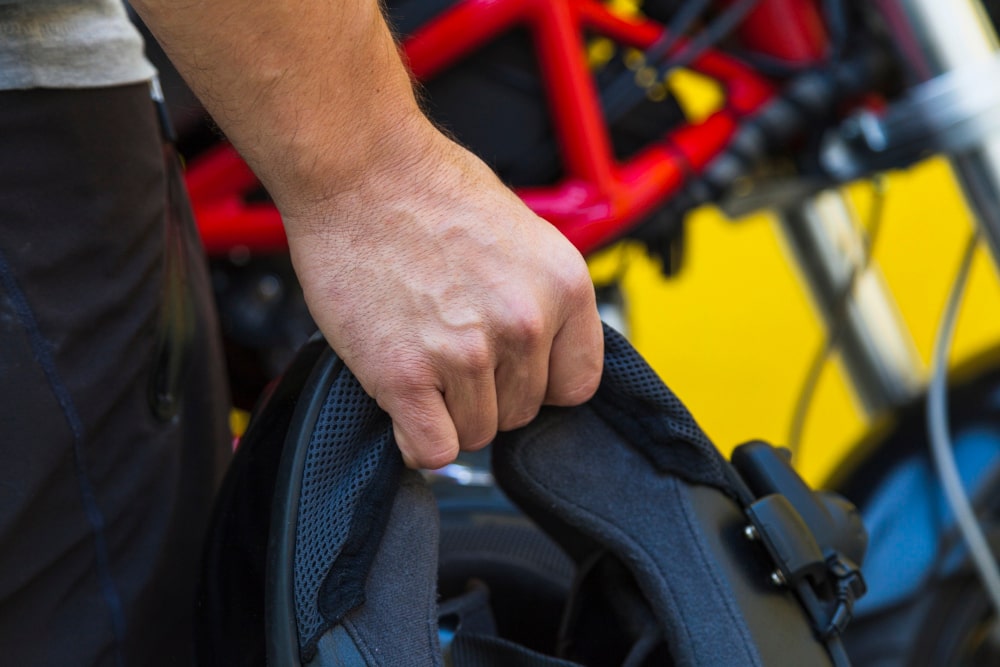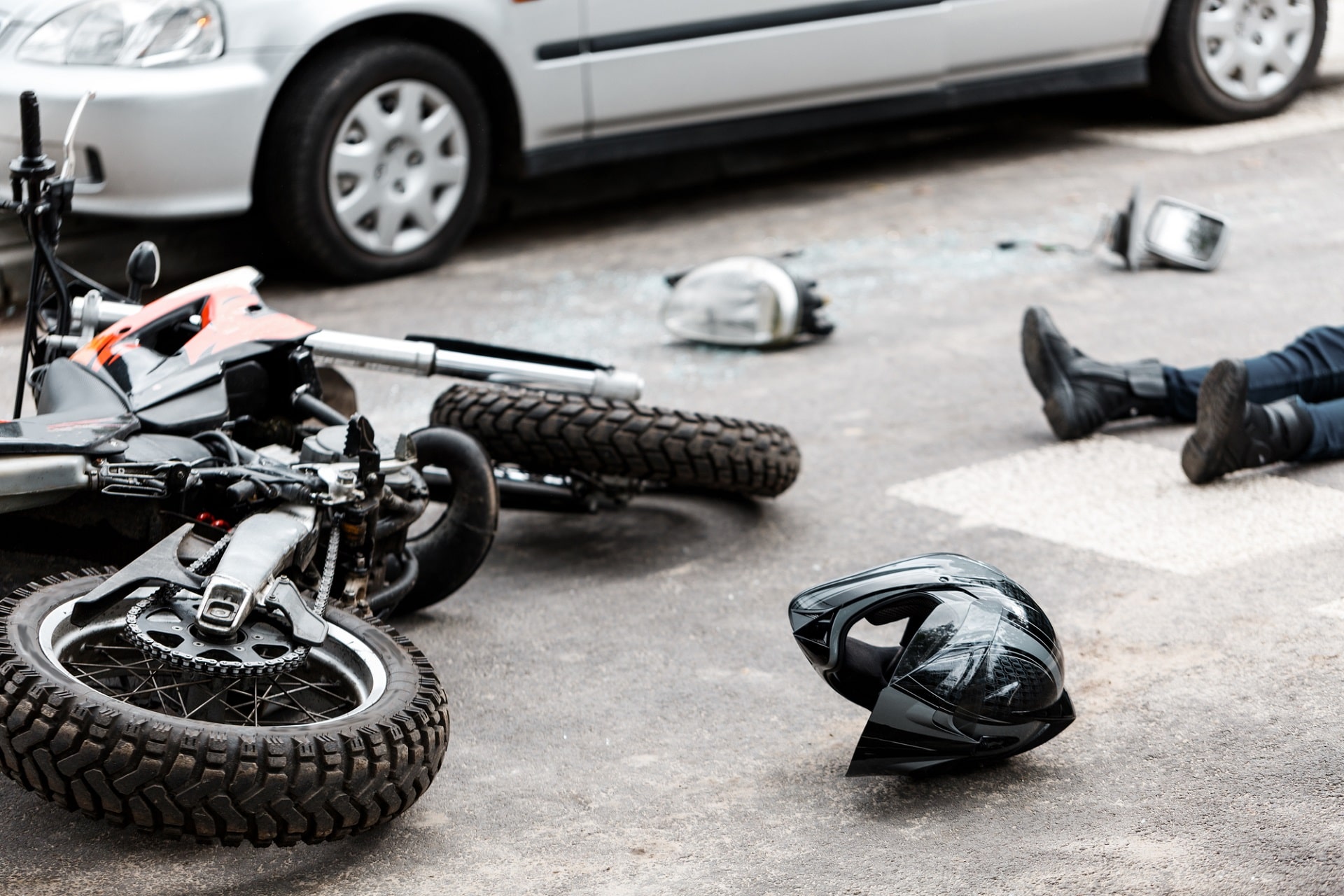Two Ways To Cover Yourself With A Motorcycle License/Endorsement
There are two ways to ensure that if you are involved in a motorcycle accident, your potential portion of comparative negligence is covered: get a motorcycle license or get the motorcycle endorsement added to your existing driver’s license and make sure that your ride is road legal.
Any engine that is over 50cc, on two wheels, is considered to be a motorcycle type that requires a license. In order to get your endorsement or motorcycle driver’s license, you’ll have to take a course approved and created by the Motorcycle Safety Foundation (MSF).
You can also take the BRCu course, which is a viable alternative. These are typically 15-hour courses after which—when successfully completed—you’ll present the appropriate paperwork, pay the requisite fees, and get your motorcycle license or endorsement.
You also need to always make sure that your motorcycle is road legal, meaning that all of the lights are working, you have the proper footrests, and that you’re wearing a motorcycle helmet.
Some Floridians are vehemently against wearing a helmet while riding a motorcycle. That’s completely understandable; however, you need to understand that it can be used against you to determine comparative negligence if you’re ever faced with the prospect of filing a personal injury claim.
A licensed, safety-oriented, motorcycle operator is far more capable of getting the maximum award amount in a successful personal injury claim. If you’re involved in a motorcycle accident without a license in Florida, you’ve got one major detail working against you.
If you’re properly licensed, it effectively removes a weapon from the defendant’s arsenal.



